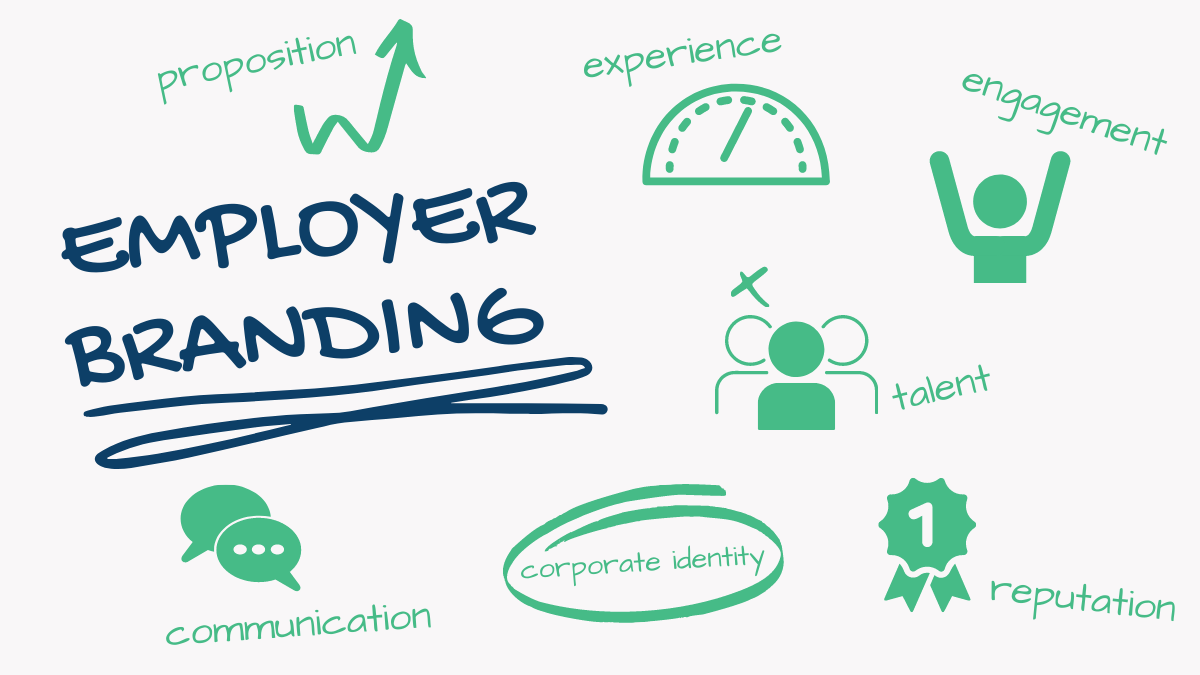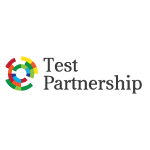Among the various tools and strategies employed, employer branding stands out as a powerful force in shaping the perception of a company in the eyes of potential candidates. In this article, we delve into the crucial role that employer branding plays in modern talent acquisition and how organisations can leverage it to build a desirable employer brand.
Defining Employer Branding
Employer branding refers to the unique identity and image that an organisation cultivates as an employer. It encompasses the company's values, culture, work environment, and the overall experience it provides to its employees. In essence, employer branding is the narrative that organisations craft to differentiate themselves and attract the right talent.
Building a Positive Employer Brand
In the digital age, where information is easily accessible, job seekers often conduct thorough research before considering employment opportunities. A positive employer brand helps organisations stand out and make a favourable impression on potential candidates. It is a combination of tangible and intangible elements that contribute to the overall perception of the company as a great place to work.
Company Culture: The culture within an organisation is a cornerstone of its employer brand. Companies with a positive and inclusive culture tend to attract like-minded individuals who align with the company's values. Communicating this culture through various channels, such as social media, employee testimonials, and company events, helps shape the employer brand.
Work-Life Balance: Modern professionals often prioritise a healthy work-life balance. Organisations that promote flexible work arrangements, telecommuting options, and other initiatives that support work-life balance contribute positively to their employer brand. This resonates with candidates seeking a workplace that values both professional and personal well-being.
Career Development Opportunities: A strong employer brand emphasises the commitment to employee growth and development. Offering training programs, mentorship opportunities, and clear career progression paths communicates to candidates that the organisation invests in the long-term success of its employees.
Innovation and Technology: Companies at the forefront of technological advancements and innovation are attractive to many professionals. Showcasing a commitment to staying ahead in the industry and adopting cutting-edge technologies enhances the employer brand, especially among candidates with a keen interest in innovation.
Attracting Top Talent
A positive employer brand directly impacts an organisation's ability to attract top-tier talent. When candidates perceive a company as a desirable employer, they are more likely to apply for open positions. The employer brand serves as a magnet, drawing in individuals who are not just looking for a job but are eager to be part of an organisation that aligns with their values and professional aspirations.
Increased Applicant Pool: A strong employer brand broadens the pool of potential candidates. It attracts passive candidates—those who may not actively be seeking new opportunities but are enticed by the prospect of working for a company with a positive reputation.
Reduced Time-to-Hire: Organisations with a compelling employer brand often experience a reduced time-to-hire. When the employer brand aligns with the expectations of potential candidates, the recruitment process becomes more efficient, with candidates more likely to accept job offers.
Cost Savings: A positive employer brand can lead to cost savings in recruitment efforts. Organisations with a strong employer brand find it easier to fill positions, reducing the need for extensive and costly recruitment campaigns.
Innovative Recruitment Methods: Game-based assessments leverage the principles of gamification to evaluate candidates' skills. Companies that integrate game-based assessments into their hiring processes demonstrate a commitment to staying ahead of the curve.
Retaining Talent
While attracting top talent is crucial, retaining skilled employees is equally important for the long-term success of an organisation. A positive employer brand contributes to employee satisfaction and engagement, fostering a workplace environment that encourages loyalty and commitment.
Employees who feel proud to be associated with their employer are more likely to be satisfied with their work. This satisfaction translates into higher retention rates and a positive workplace atmosphere. A strong employer brand fosters a sense of belonging and purpose among employees. Engaged and motivated employees are not only more productive but are also more likely to contribute to the overall success of the organisation.
Conclusion
In recent times, employer branding has emerged as a critical element for success. It goes beyond traditional recruitment strategies, shaping the perception of a company as an employer of choice. A positive employer brand not only attracts top talent but also contributes to employee satisfaction, engagement, and retention. In a world where the workforce is increasingly discerning, organisations that invest in cultivating a strong employer brand are better positioned to thrive in the dynamic and ever-evolving landscape of talent acquisition.







